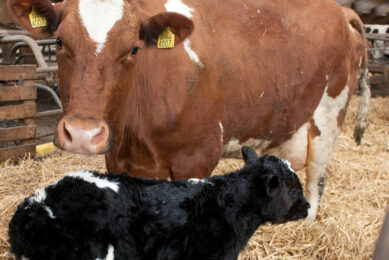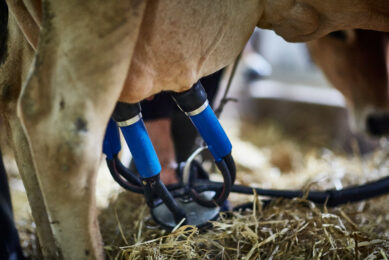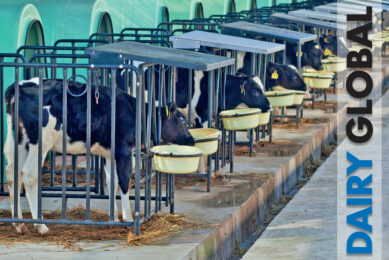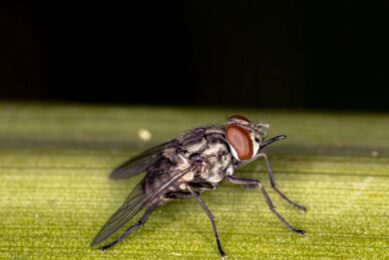5 benefits of a pain killer during mastitis
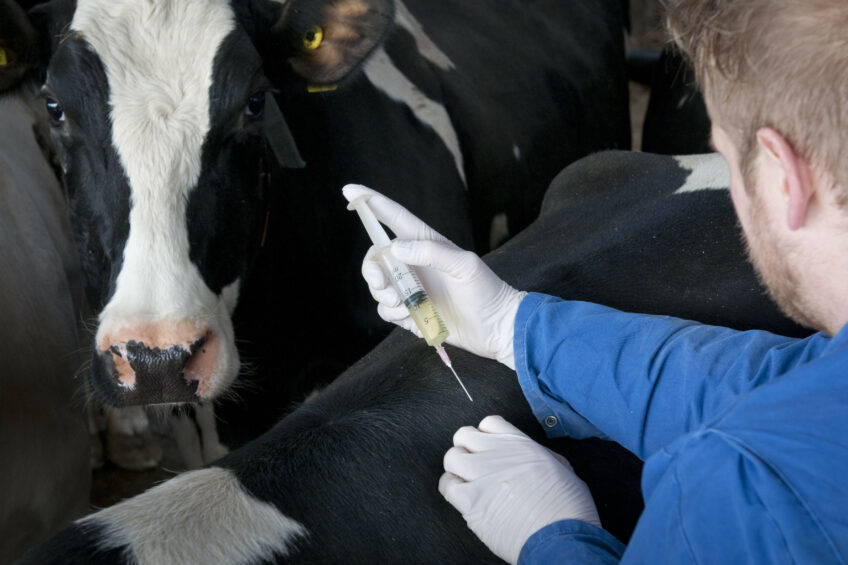
The addition of a pain killer (meloxicam) to standard antimicrobial therapy for clinical mastitis improves the conception rate and brings an economic benefit of € 42 per case per year.
This is stated in a new research paper, published in the Journal of Dairy Science.
Clinical mastitis (CM) impairs reproductive performance, including a longer interval from calving to conception, more services per conception, conception rates and a higher risk of embryo loss. The objective of this study was to assess whether this improved reproduction through additional treatment with meloxicam would result in a positive net economic benefit for the farmer. It was shown that addition of meloxicam, next to antibiotics, in cows with clinical mastitis in the first 120 days of lactation yields an economic benefit of € 42 per case of clinical mastitis per year.
The positive effects are mainly the results of the following 5 improved parameters:
Click on the image to find out more…

However, due to the shorter lactation, the cows produce slightly less milk per lactation, 8,441 kilos compared to 8,517 kilos of milk per lactation for the non-pain killer group. Although the group with no pain killer has an higher lactation yield, with lower costs for calving and less treatment costs, the benefits of treatment with painkiller are still bigger.
Positive economic benefits
It was therefore concluded that the meloxicam treatment is favoured over no meloxicam. This study demonstrated that improvements in conception rate achieved by the use of meloxicam, as additional therapy for mild to moderate CM in the first 120 days in milk, have positive economic benefits. This inference remained true over a wide range of technical and economic inputs, demonstrating that use of meloxicam is likely to be cost effective across many production systems.
Join 13,000+ subscribers
Subscribe to our newsletter to stay updated about all the need-to-know content in the dairy sector, two times a week.



